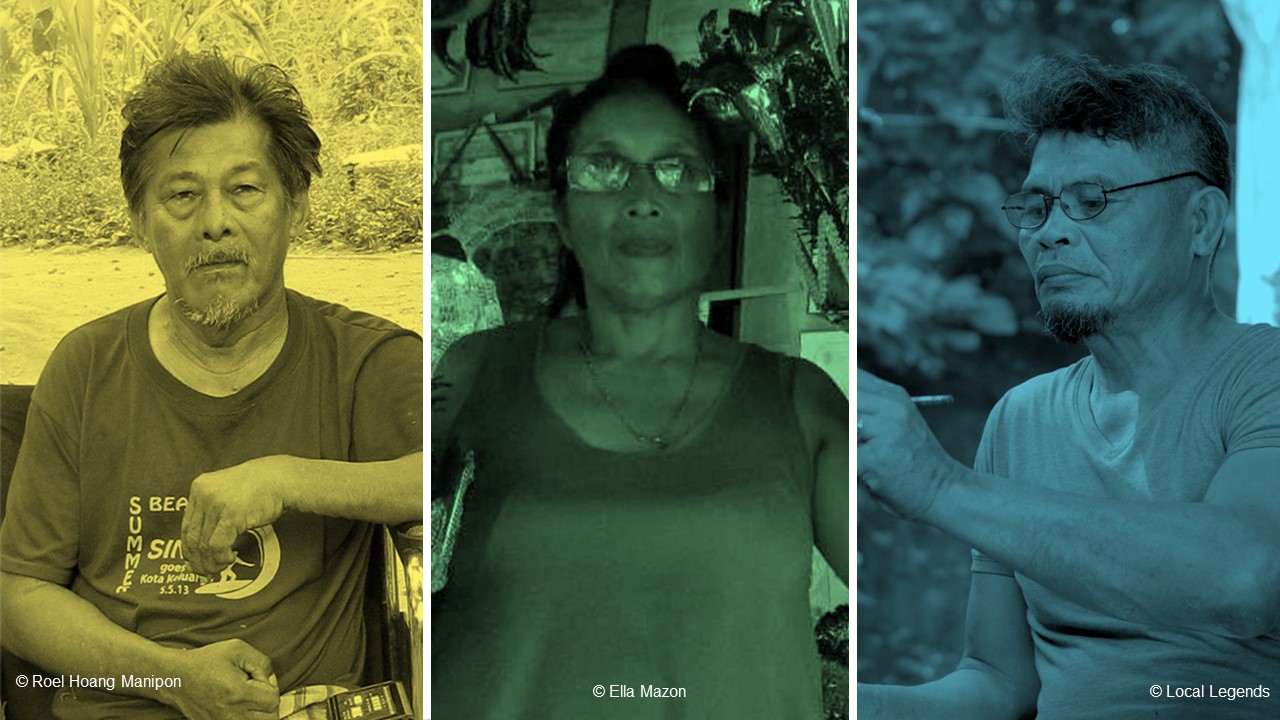International scientist task-force welcomes unprecedented global action to restrict bee-killing neonicotinoids
PARIS – France has become the first country in the world to ban all neonicotinoid pesticides (neonics), which have been linked to widespread collapse of bee populations. Today, the decision was welcomed by the international Task Force on Systemic Pesticides (TFSP).
The ban, which took effect September 1, goes beyond measures announced this spring by the European Union (EU) to restrict the use of these pesticides. In late August, the Province of Marinduque, Philippines, passed an ordinance that bans the importation, purchase, sale and use of neonics and fipronil.
“The French and Marinduque actions represent rare good news stories in the global effort to protect pollinators and outlaw the use of systemic pesticides, such as neonics, that threaten bees and other vital species”, said Dr. Jean Marc Bonmatin, an environmental chemist with the French government and expert on neonicotinoids. “We need all governments, from smallest to most powerful, to continue restricting the use of neonics in agriculture worldwide”.
The French and Marinduque bans coincide with the most recent meeting of the TFSP in Paris this week, where scientists from around the world will review evidence that neonics pose an unacceptable risk to bees, butterflies and other biodiversity and should be strongly restricted worldwide.
“In Marinduque, – the butterfly centre of the world – raising butterflies is a major source of livelihood for local communities. We may be small, but we’re joining France in banning neonics to protect biodiversity, food security and the livelihoods of our people”, said Romulo A. Bacorro, Vice-Governor of the Province of Marinduque, Republic of the Philippines. Vice-Governor Bacorro is also currently in Paris to meet with scientists and officials at the French National Assembly to discuss the need for coordinated global action to restrict neonics and promote less toxic, proven pest control alternatives.
“Banning neonicotinoids by law was a democratic success”, said Madame Delphine Batho, an elected member of the French National Assembly for the District of Deux-Sèvres and France’s former Minister of Ecology, Sustainable Development and Energy. “While three neonics will similarly be outlawed in all 28 countries of the European Union, the French law goes further because it targets all five neonicotinoid pesticides that were used in France. The French Parliament has also voted recently to expand the ban to restrict all new pesticides that have the same mode of action as neonicotinoids”.
Other governments are also moving ahead with restrictions on neonics in response to the strong scientific evidence of their significant environmental harm and the availability of less toxic, affordable and effective methods of pest control. Canada has proposed to phase-out three commercially available neonics over the next three-to-five years. The same three chemicals will similarly be outlawed in all 28 countries of the European Union as well as Switzerland in early 2019.
Task Force on Systemic Pesticides
The Task Force on Systemic Pesticides, an international group of independent scientists convened by the International Union for Conservation of Nature, is the response of the scientific community to global concern about the impact of neonicotinoid insecticides on biodiversity and ecosystems.
Earlier this year, the TFSP released a comprehensive review of hundreds of published science studies into the environmental impacts of neonics: The Worldwide Integrated Assessment on Systemic Pesticides Volume 2. It concluded that large-scale, prophylactic use of the chemicals is having significant, unintended ecological consequences on non-target species, including bees and beneficial soil invertebrates, and across terrestrial, aquatic, wetland and marine habitats. The review also found that in addition to direct lethal impacts, neonicotinoids can cause impaired sense of smell and memory; reduced foraging in bees; altered tunneling behaviour in earthworms; damage flight capacity and increase animals’ susceptibility to disease.
Neonicotinoid pesticides
Neonicotinoid pesticides (“neonics”) are nicotine-based insecticides that target the central nervous system of insect pests. They are systemic pesticides, meaning they are absorbed by the plant and integrated into all plant tissues — roots, stems, leaves, flowers – as well as pollen and nectar. Neonics are toxic even at very low doses. They are water soluble and very persistent (i.e., do not readily degrade) in soil, resulting in sustained and chronic exposure in terrestrial and aquatic environments. Extensive and routine application of neonics in agriculture is causing large-scale environmental contamination and significant impacts to biodiversity, representing a major threat to ecosystems.
Acknowledgment
Marinduquenews.com would like to thank Dr. Faisal Moola, Associate Professor in the Department of Geography, Geomatics and Environment, College of Social and Applied Human Sciences, University of Guelph, Ontario, Canada for providing us copy of the press release.

